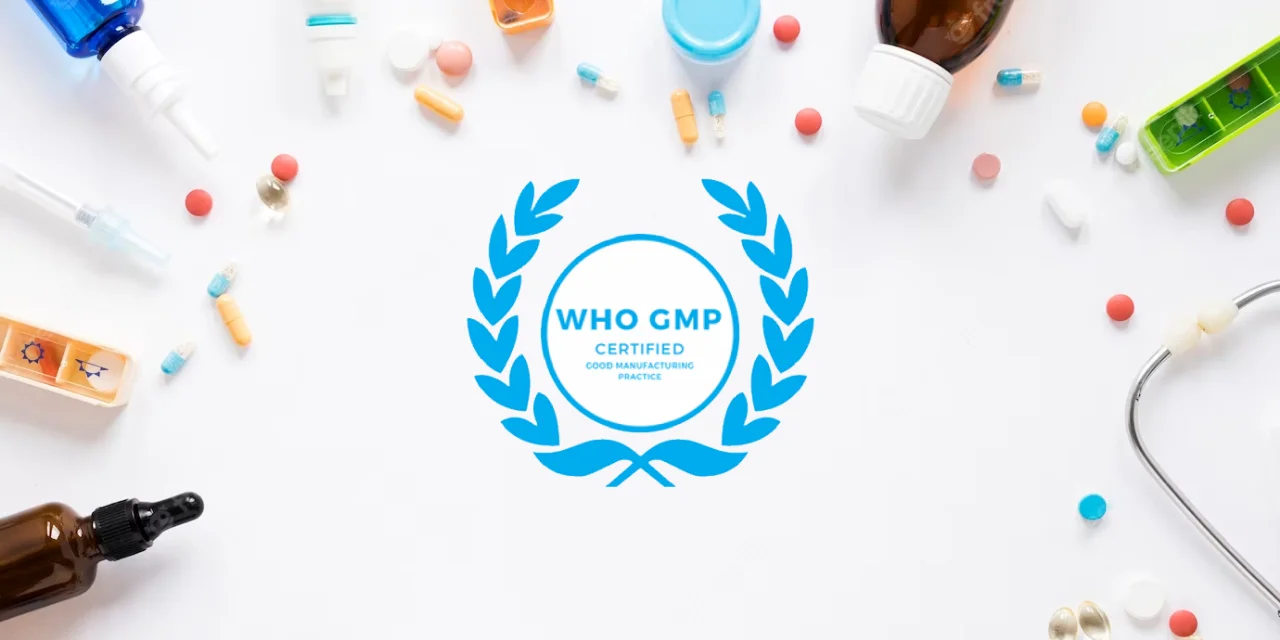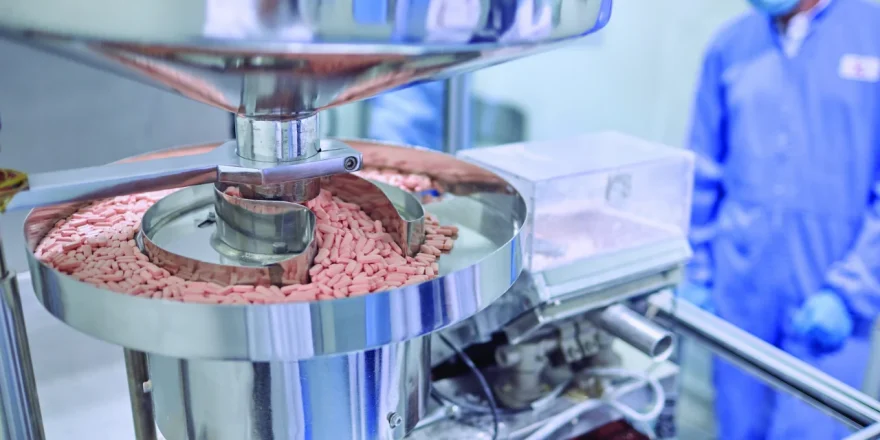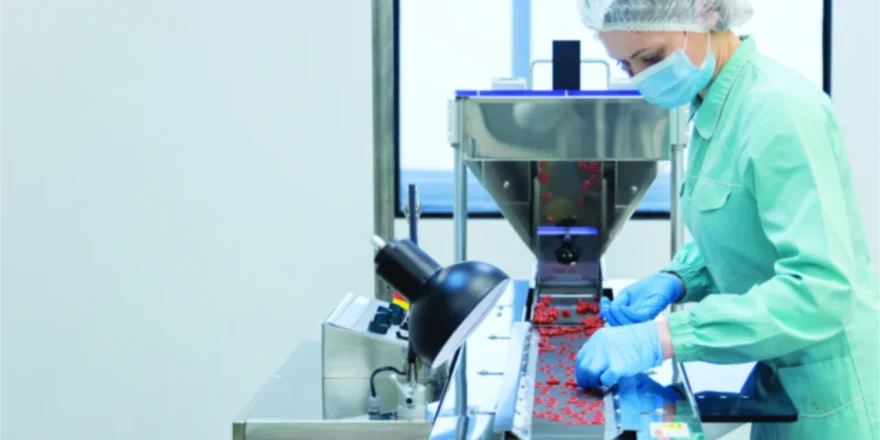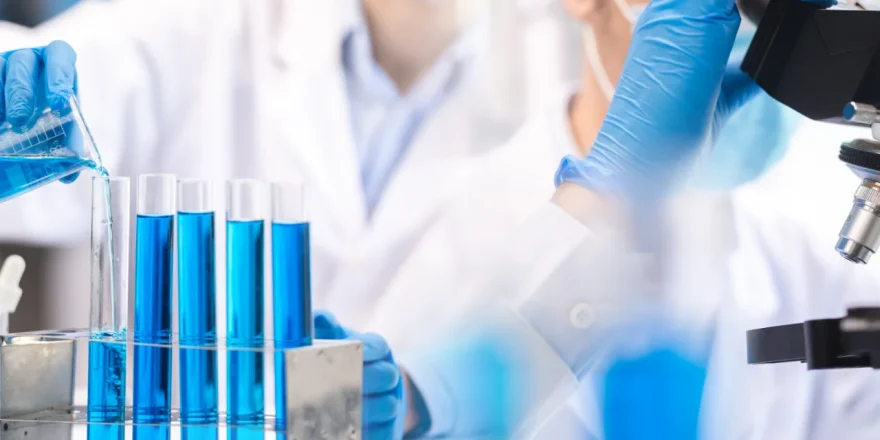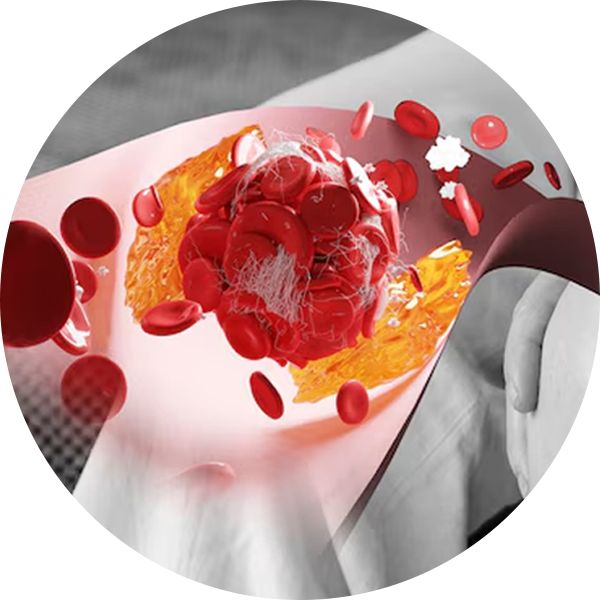Introduction:
In the pharmaceutical sector, it is crucial to guarantee the effectiveness, safety, and high calibre of medicines. Getting the World Health Organisation Good Manufacturing Practises (WHO GMP) certificate is an essential part of upholding these requirements. We shall examine the relevance of the WHO GMP certificate in this blog, as well as its goals, specifications, and advantages for both patients and pharmaceutical producers.
- What is the WHO GMP Certificate?
The World Health Organisation (WHO) offers the WHO GMP certificate, a widely accepted accreditation. It proves that a pharmaceutical company followed the WHO’s recommendations for excellent manufacturing practises. These regulations include the research, production, and quality control of pharmaceutical products as well as their assurance of quality.
- Purpose of the WHO GMP Certificate:
The WHO GMP certificate’s main objective is to make sure that pharmaceutical manufacturers follow strict quality requirements during the production process. It strives to ensure the production of safe, effective, and high-quality drugs in order to safeguard patients’ health and wellbeing.
- Requirements for Obtaining the WHO GMP Certificate:
Pharmaceutical firms must prove compliance with a thorough set of rules in order to receive the WHO GMP accreditation. These rules include a variety of manufacturing-related topics, such as:
a) Facilities: To prevent contamination and guarantee product integrity, manufacturers must have the proper facilities that adhere to strict specifications, including adequate infrastructure, optimal layouts, and controlled environmental conditions.
b) Quality Management Systems: Pharmaceutical firms must put in place strong quality management systems, which must include standard operating procedures, controls for documentation, change management procedures, and efficient mechanisms for quality control and quality assurance.
c) Personnel: Employing workers who have received the necessary training and qualifications will ensure their competency and awareness of acceptable manufacturing practises. To keep the required skills and knowledge, training programmes and continual professional development should be in place.
d) Equipment and Processes: Pharmaceutical makers must have verified manufacturing methods and well-maintained machinery. To guarantee consistency and dependability in production, routine equipment calibration, monitoring, and maintenance as well as process validation are required.
e) Quality Control: Pharmaceutical items’ identification, purity, potency, and safety must be guaranteed by strict quality control procedures. Regular testing of raw materials, samples taken during production, and final goods are all included in this, along with thorough documentation and record-keeping.

- Benefits of the WHO GMP Certificate:
The pharmaceutical industry and the larger medical community can benefit from the WHO GMP accreditation in a number of ways:
a) International Recognition: The WHO GMP certification is regarded and acknowledged around the world. It shows a manufacturer’s dedication to upholding strict quality standards, improving their standing and credibility in the market.
b) Market Access: The WHO GMP certification makes it easier for pharmaceutical firms to enter worldwide markets, where adhering to international standards is essential. It makes it possible to collaborate with other recognised organisations and pursue export prospects.
c) Patient Safety: The certificate guarantees that drugs produced by businesses with WHO GMP certification adhere to the highest safety and quality standards. By reducing the possibility of receiving subpar or fake medications, this serves to protect patient health.
d) Continuous Improvement: In order to maintain compliance with changing regulatory requirements and industry best practises, the certification process pushes producers to continuously assess and improve their manufacturing processes.
Conclusion:
The quality, safety, and efficacy of pharmaceutical goods are critically dependent on the WHO GMP certificate. Pharmaceutical companies show their dedication to upholding high standards throughout the manufacturing process by following the World Health Organization’s criteria. Numerous advantages come with the certificate, including the assurance of patient safety as well as global recognition and improved market access. It stands for superior pharmaceutical production, reaffirming the industry’s dedication to giving patients all across the world high-quality medicines.
Disclaimer: The information provided in this blog is for informational purposes only and does not constitute legal or regulatory advice.

